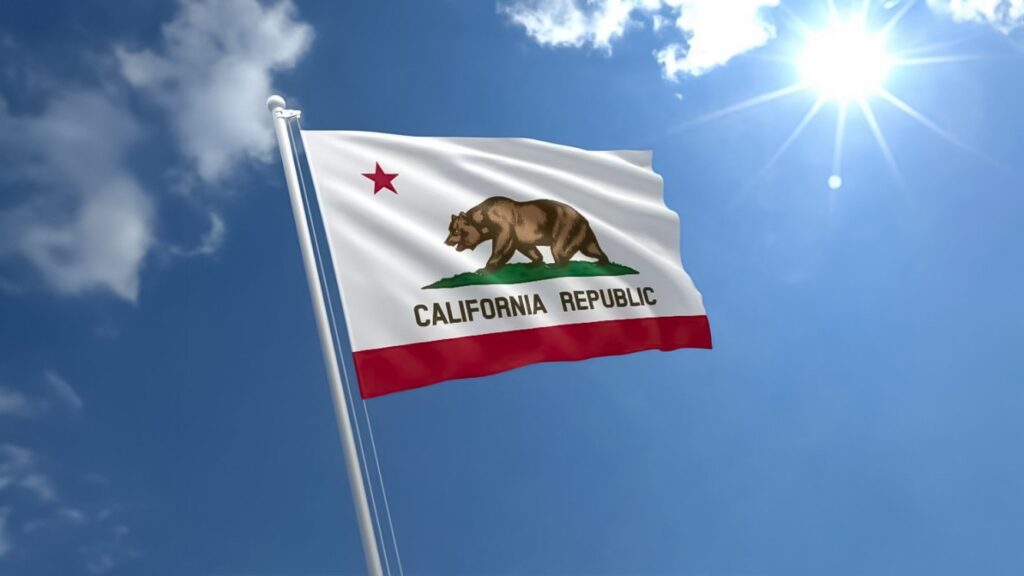California Secretary of State Dr. Shirley N. Weber has given the green light for the proponent of a proposed sports betting initiative to commence the collection of petition signatures starting January 2, 2024.
Two ballot initiatives that would pave the way for tribal entities in California to gain exclusive rights to offer sports betting, both in physical locations and online, were filed with the state’s Attorney General in October.
The legal title and summary necessary for inclusion on initiative petitions are drafted by the Attorney General. Upon completion of the official language, the Attorney General transmits the documentation to both the proponent and the Secretary of State. Subsequently, the initiative becomes eligible for signature circulation. The Secretary of State then issues a schedule of deadlines to both the proponent and county elections officials, Sierra Sun Times reports.
The official title and summary provided by the Attorney General for the measure are as follows:
“LEGALIZES ONLINE AND IN-PERSON SPORTS WAGERING AND OTHER NEW TYPES OF GAMBLING. INITIATIVE CONSTITUTIONAL AMENDMENT AND STATUTE. Legalizes online sports wagering statewide, and in-person sports wagering, roulette, and dice games on tribal lands, all of which currently are prohibited, if operated by federally recognized Indian tribes under gaming compacts approved by Legislature, the model compact approved by this measure, or state law enacted by this measure. Prohibits sports wagering by persons under 21. Requires participating tribes to pay up to 25% of sports-wagering profits to nonparticipating tribes and up to 1% to the state for regulatory costs. Summary of estimate by Legislative Analyst and Director of Finance of fiscal impact on state and local governments: Increased state revenues that could reach into the tens of millions of dollars annually, depending on how the measure is implemented and legally interpreted. Some portion of these revenues would reflect a shift from other existing state and local revenues. Increased state regulatory costs, potentially in the low- to mid-tens of millions of dollars annually. Some or all of these costs would be offset by the increased revenue or reimbursements to the state.”
The Secretary of State has designated tracking number 1972 for this measure, while the Attorney General’s tracking number is 23-0030A1.
For the initiative to qualify for the ballot, the proponent, Ryan Tyler Walz, is required to gather signatures from 874,641 registered voters, constituting eight percent of the total votes cast for the governor in the November 2022 general election. The proponent has a designated 180-day period to circulate petitions, necessitating the submission of signatures to county elections officials no later than July 1, 2024, the report said.
One of the proposals, named “The Sports Wagering Regulation and Tribal Gaming Protection Act,” suggests amendments to Article IV, section 19 of the California constitution, necessitating tribes to allocate 15% of their adjusted sports wagering gross gaming revenue (GGR) to a tribal sports wagering revenue-sharing trust fund. Additionally, they would be mandated to contribute 10% of their adjusted sports wagering GGR to the California homelessness and mental health fund. Furthermore, the initiative stipulates that all sports betting advertising should be exclusively targeted at individuals aged 21 and over. Tribes wishing to participate would need to collaborate with licensed sports betting operators, vetted by the Tribal Gaming Agency and approved by the California Gaming Agency.
The other initiative, titled “The Tribal Gaming Protection Act,” underscores that sports betting will be an exclusive offering through tribal entities in California, effectively granting them a monopoly over this segment.
However, the California Nations Indian Gaming Association (CNIGA) has publicly opposed these initiatives. “The entire effort surrounding these initiatives was handled abhorrently by the initiative sponsors,” CNIGA Chairman James Siva said in a statement in November. “It is hard not to be offended when listening to these individuals speak. This is another example of outside influences trying to divide and conquer Indian tribes. We will not let history repeat itself.”




